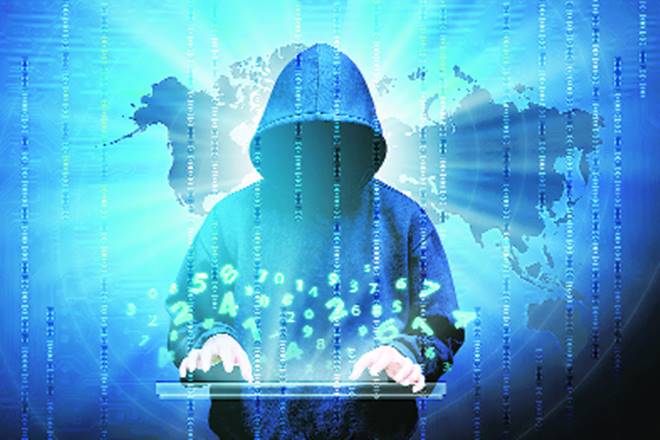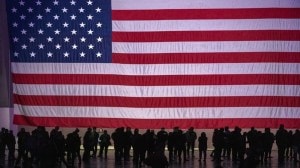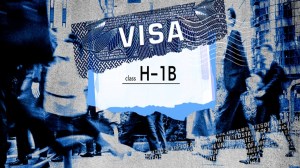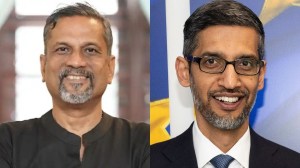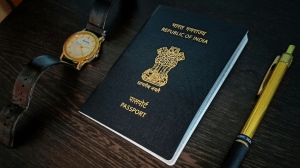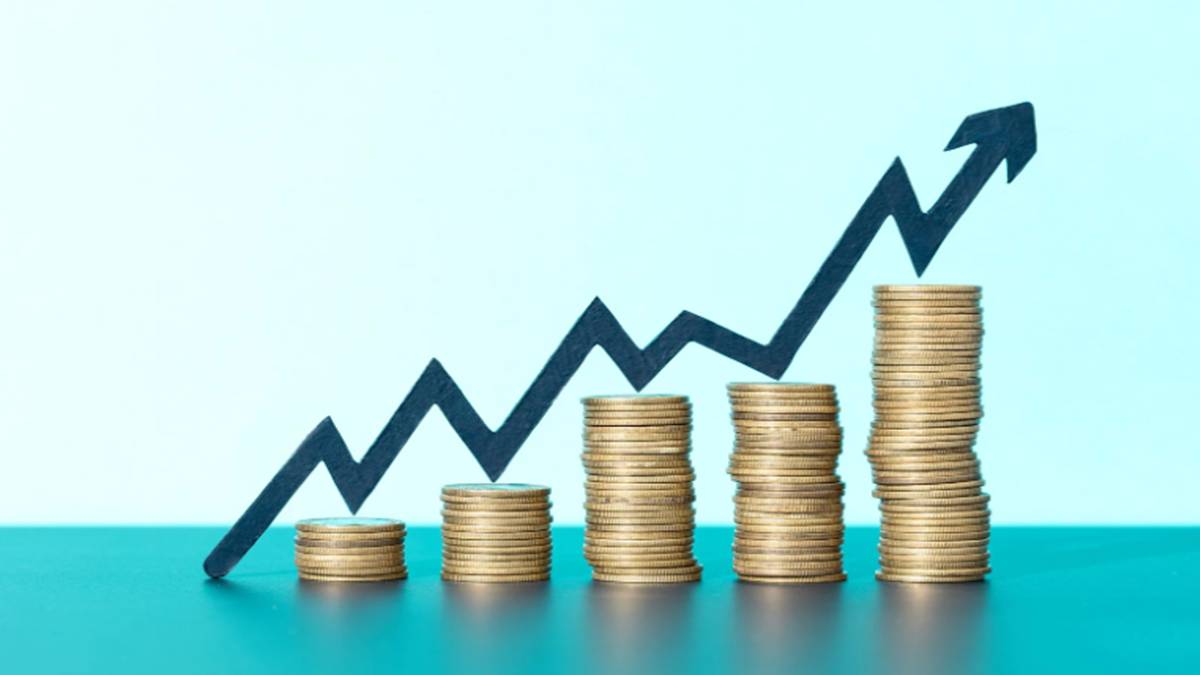It’s a consumer behaviour that is fast gaining traction. A growing number of visitors at airports, shopping malls, hotels or coffee shops are simply unable to resist a strong, free Wi-Fi network connection. Sadly, they do not realise that their online behaviour may be placing their personal information at risk, points out Norton’s Wi-Fi Risk Report. “There is a deep divide between what people think is safe when it comes to using public Wi-Fi and the reality,” said Ritesh Chopra, country manager, Consumer Business Unit, Symantec. “What someone thinks is private on his personal device can easily be accessed by cybercriminals through insecure Wi-Fi networks or even apps with privacy vulnerabilities.”
The Norton Wi-Fi Risk Report surveyed more than 15,000 consumers in 15 countries to learn about their public Wi-Fi practices. Let’s take a look at some of the India-specific findings. Clearly, Indians are unable to resist access to a strong, free Wi-Fi network despite the risks. This is especially true while travelling, as Indians say access to a strong Wi-Fi network is a deciding factor when choosing a hotel (82%), transport hub (67%), airline (64%) or place to eat (62%). Around 73% of Indians will do something for a strong Wi-Fi signal, including watching a three-minute advertisement (35%) to something as critical as allowing access to emails (19%), personal photographs (22%), online dating profiles (16%), contact lists (19%) and giving permission to access and even edit personal social media profiles (19%).
Close to 54% of Indians don’t use a Virtual Private Network (VPN) to secure their Wi-Fi connections, even though it is considered the best way for protecting personal information. A worrying 8% are unaware of the term, VPN. Their behaviour on Wi-Fi are questionable too: 31% Indians admit to viewing explicit or suggestive content on public Wi-Fi.
Of those people, 44% admit to doing so at work and 49% have done so in a hotel, hostel or Airbnb. The report highlights that 96% of Indians have potentially put personal information at risk while using public Wi-Fi, including checking their bank accounts, and sharing personal photos and videos. Yet 41% reported they would feel horrified if their financial details were stolen and published online by hackers.
